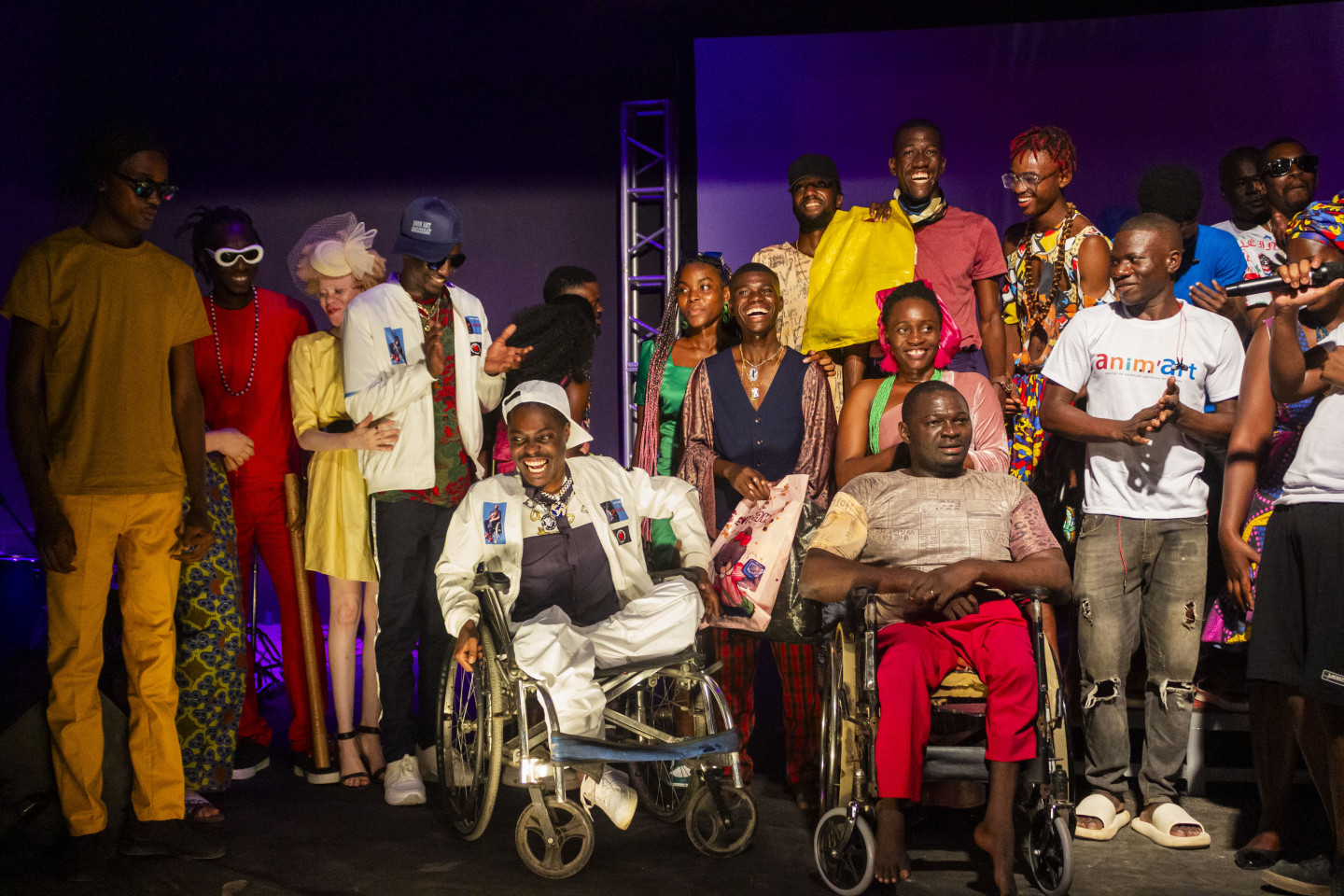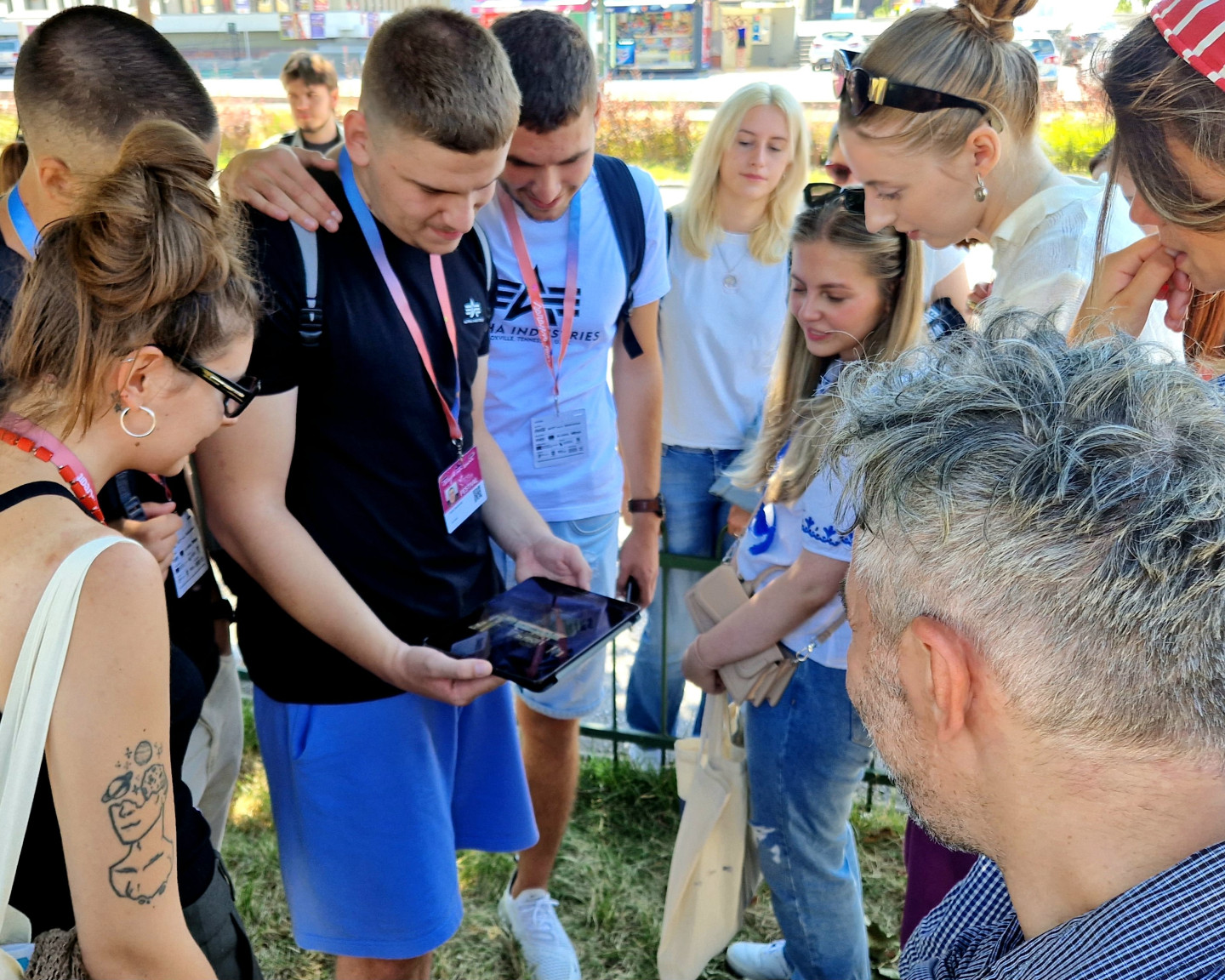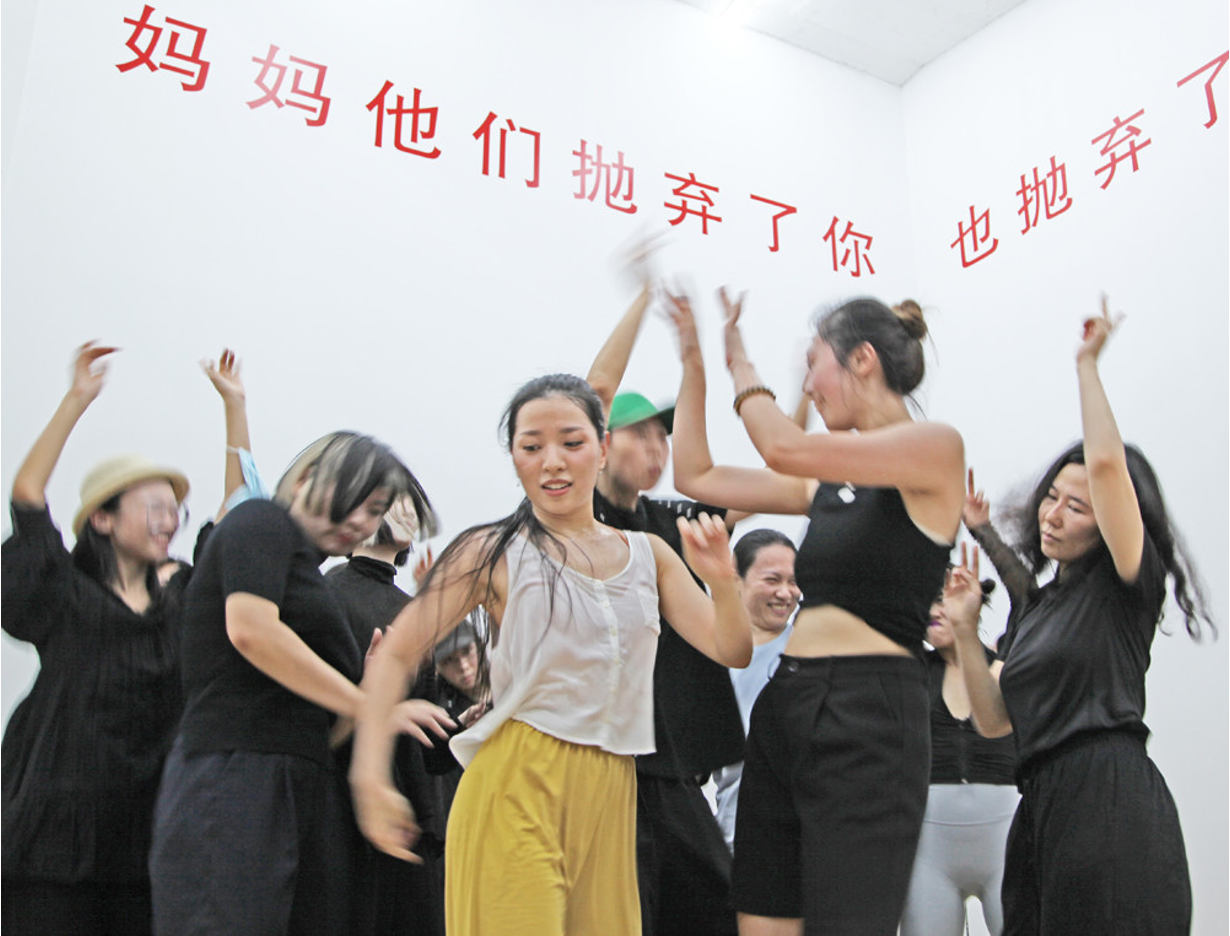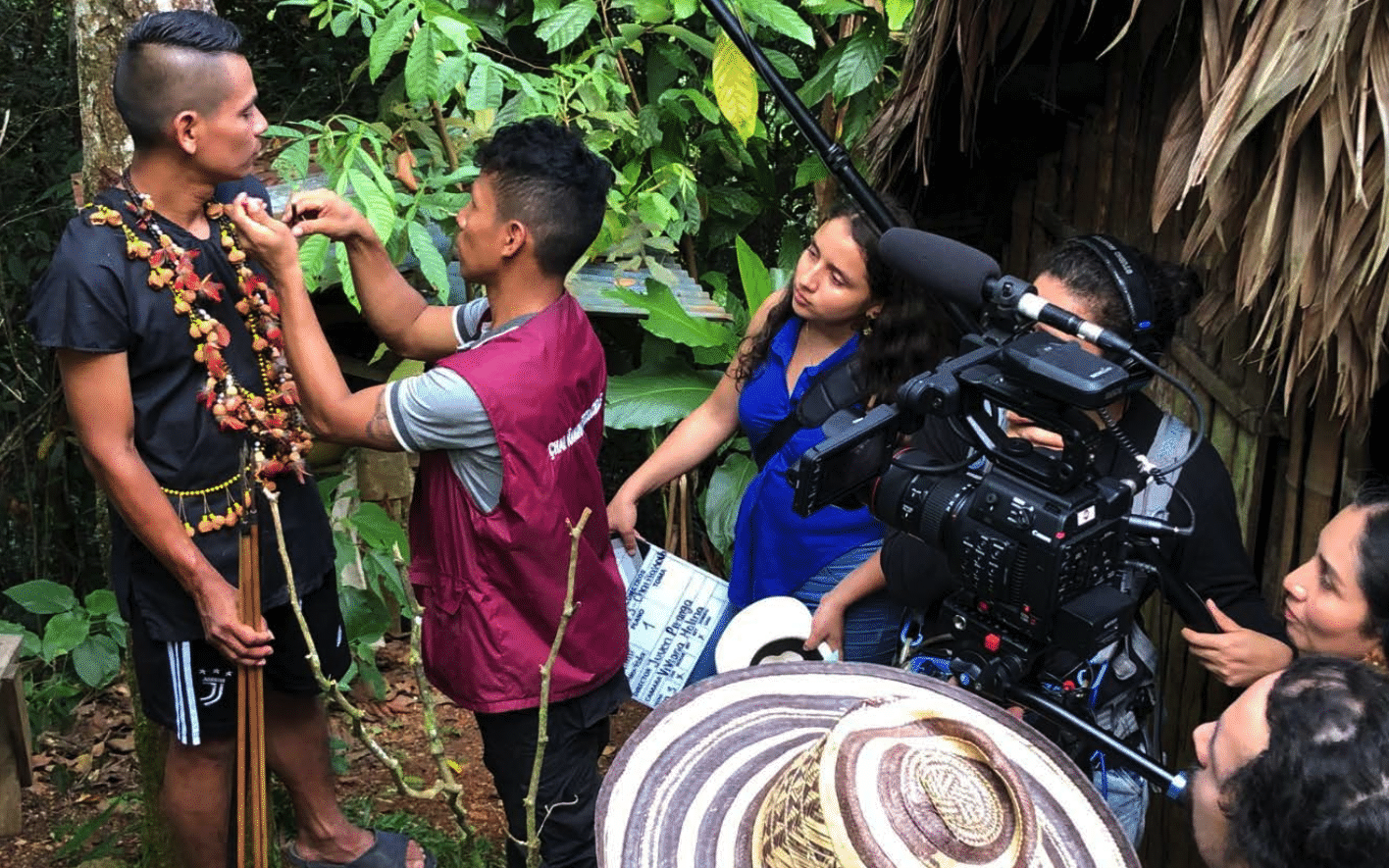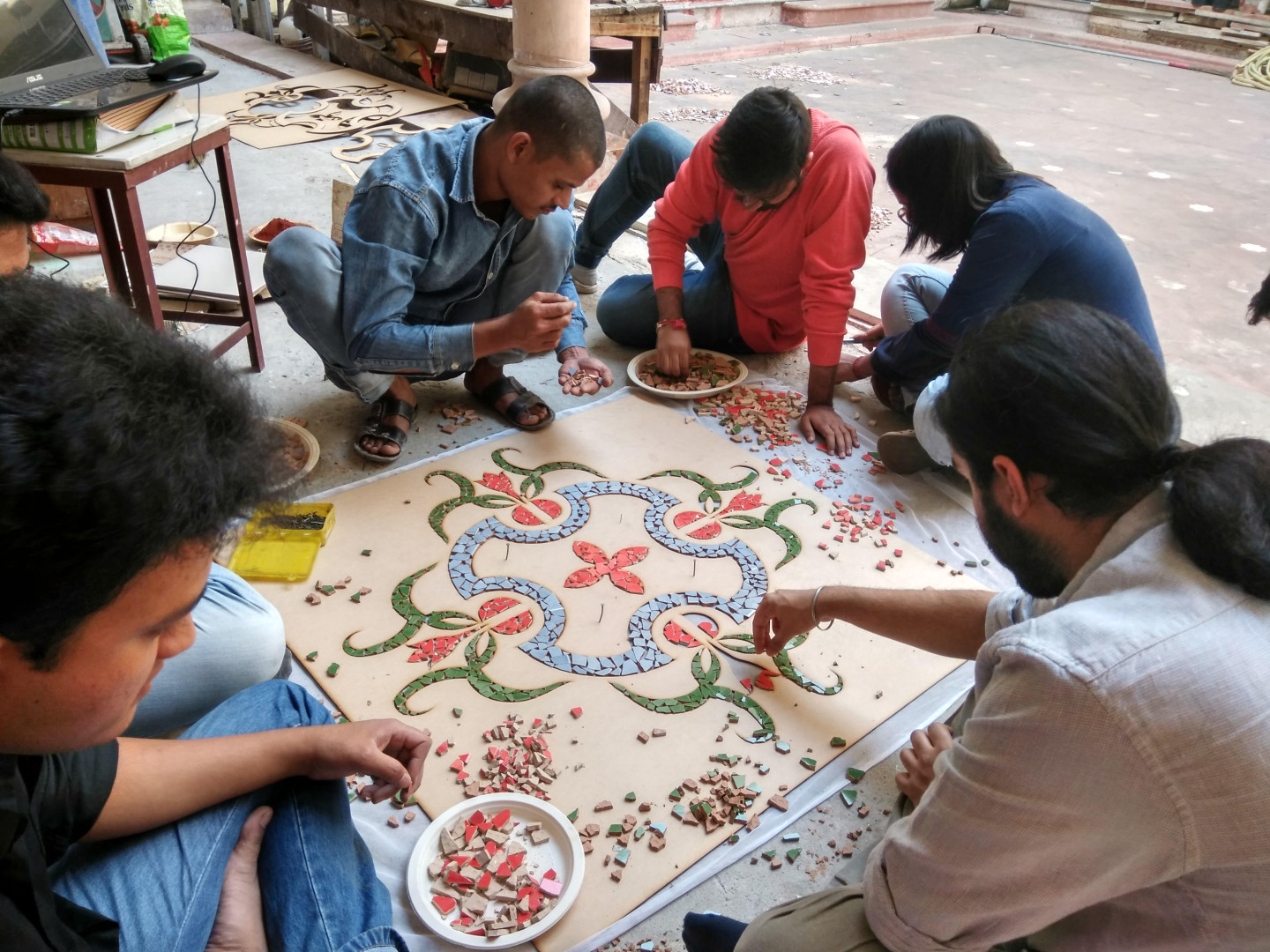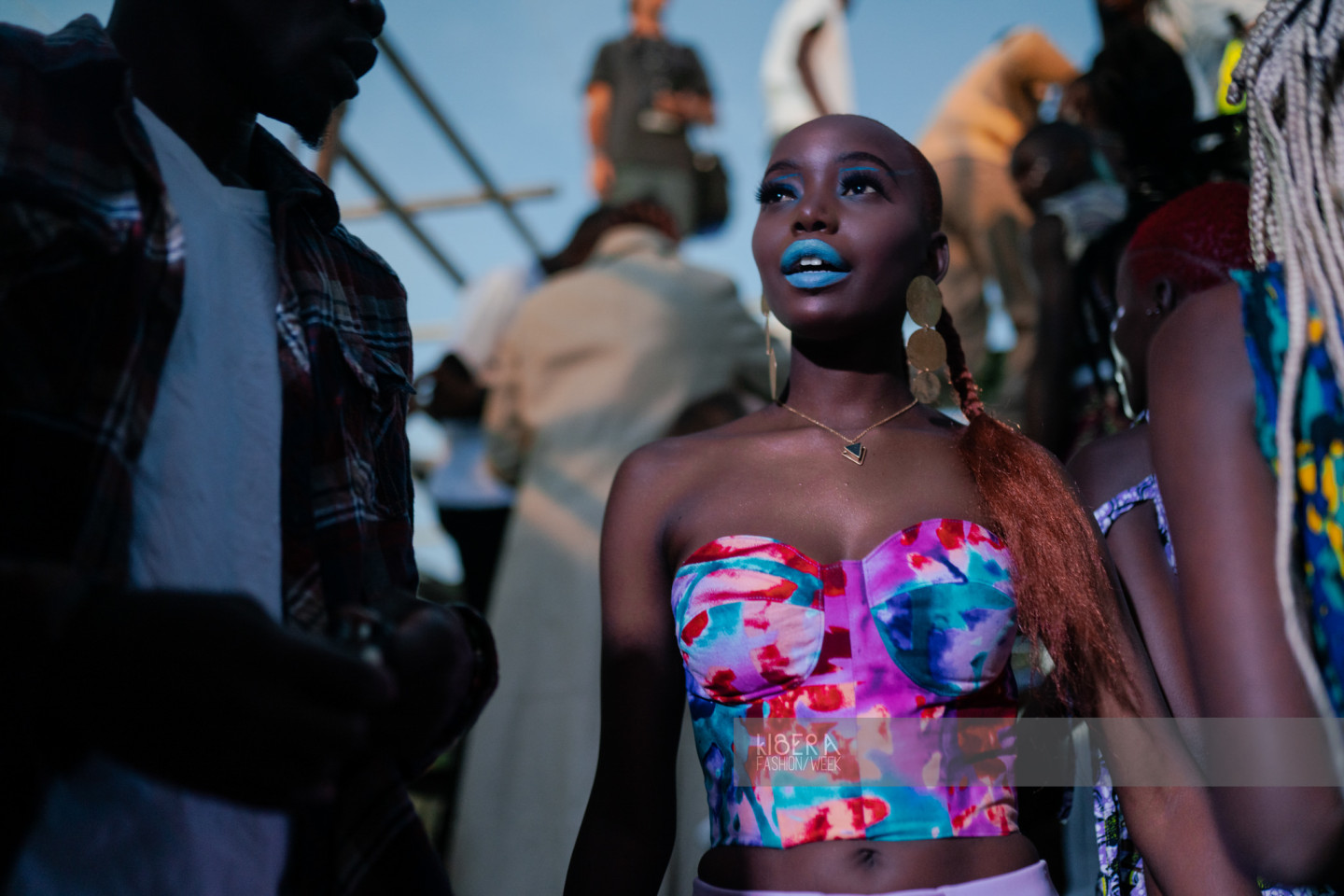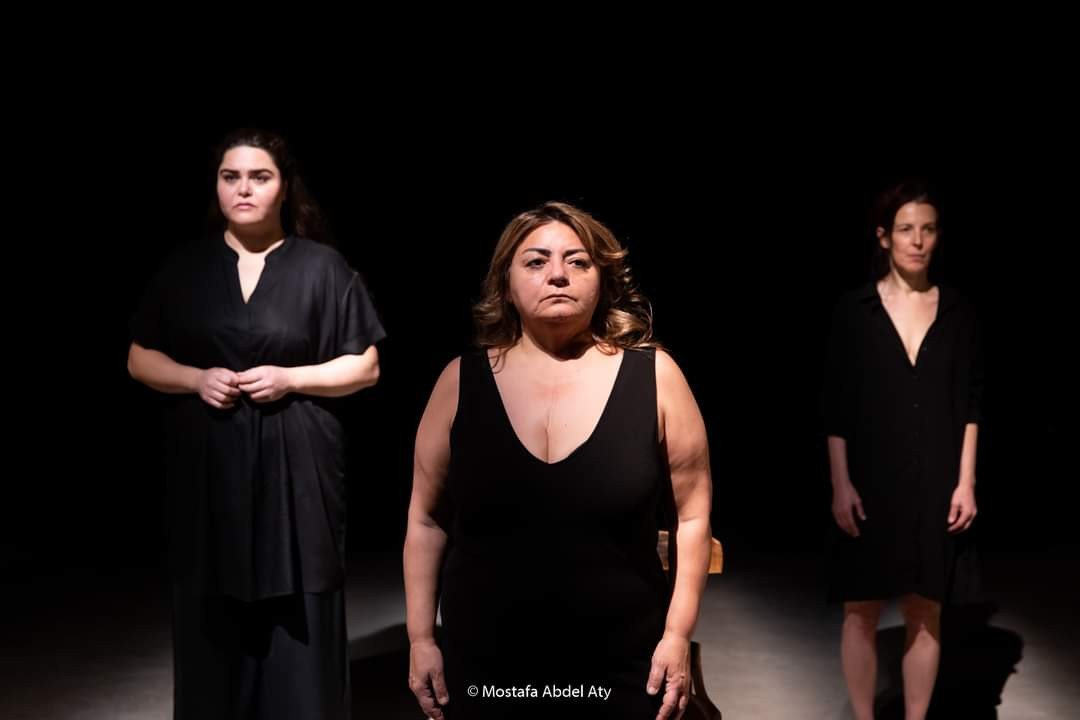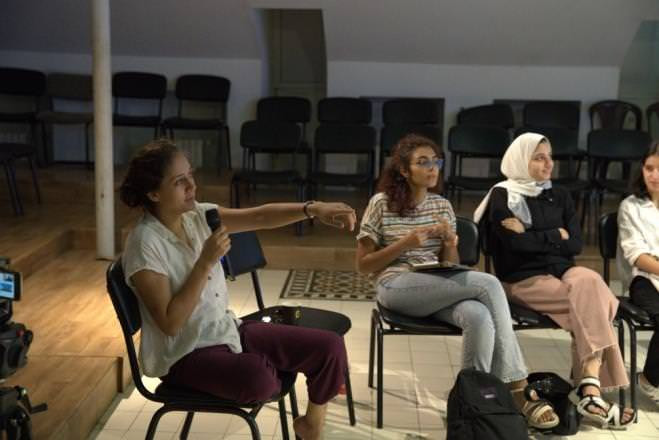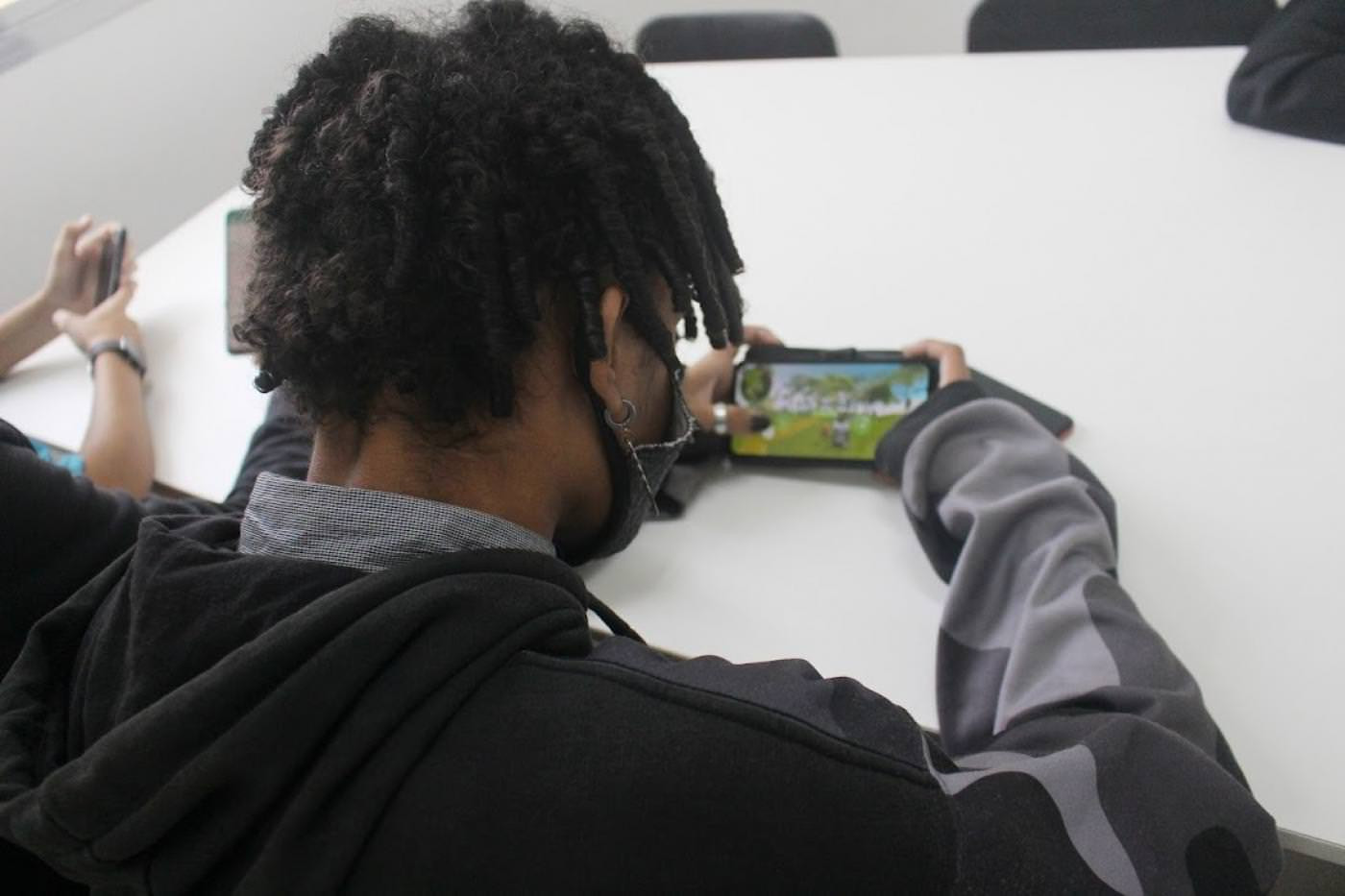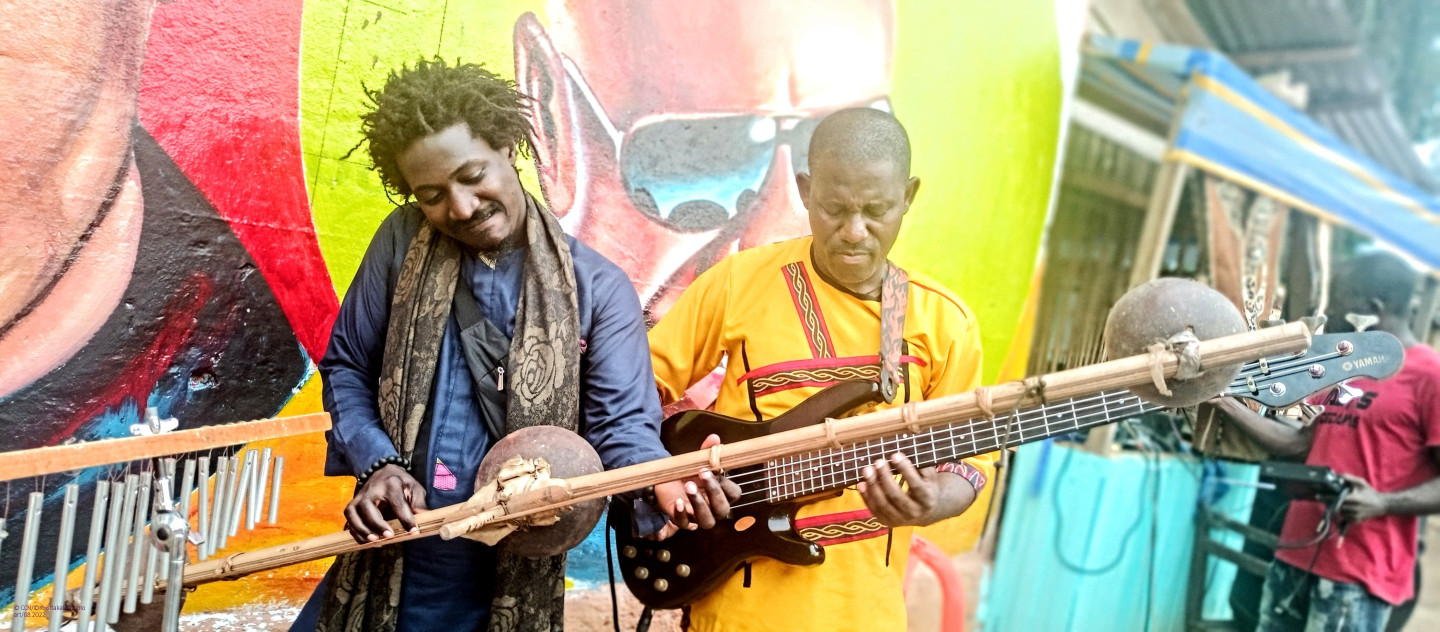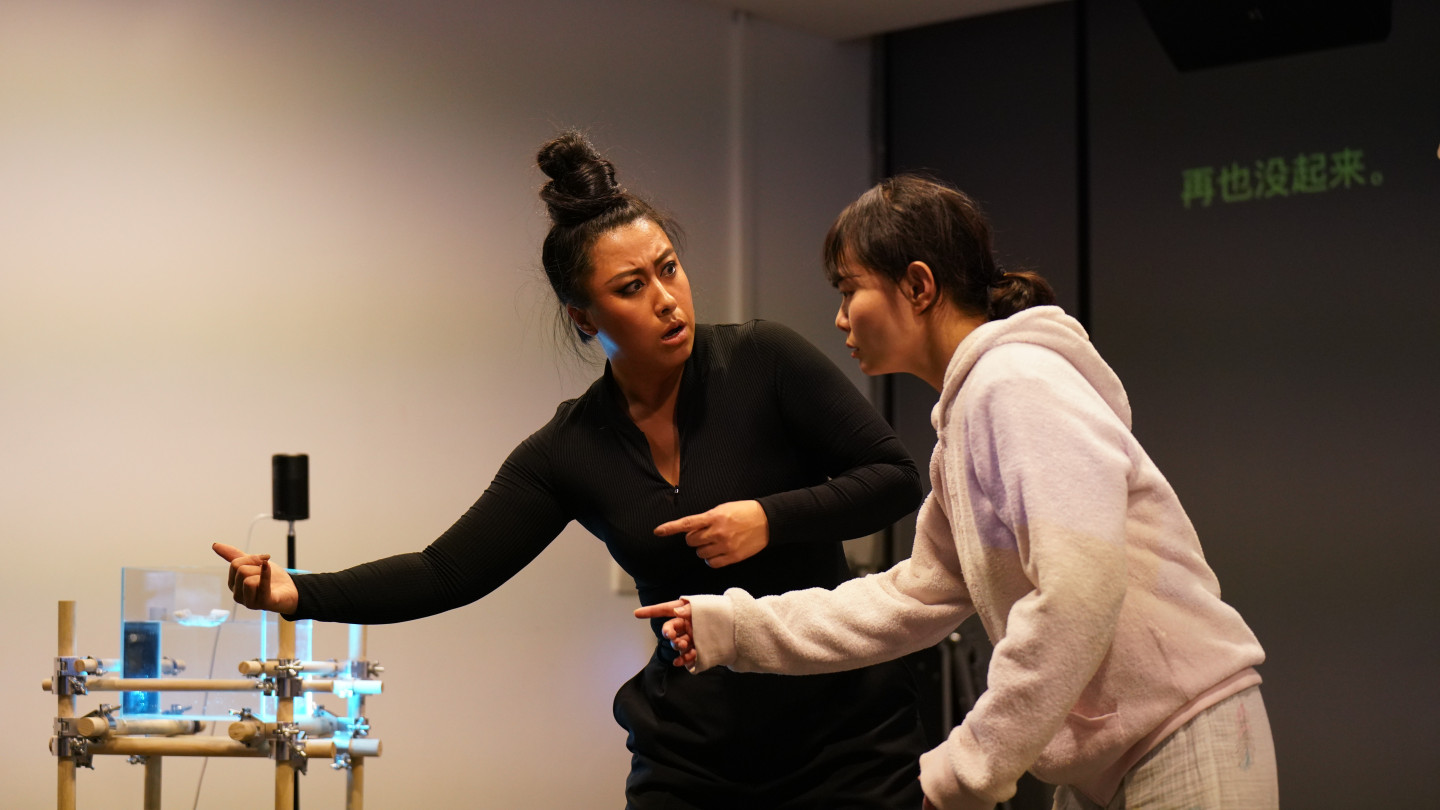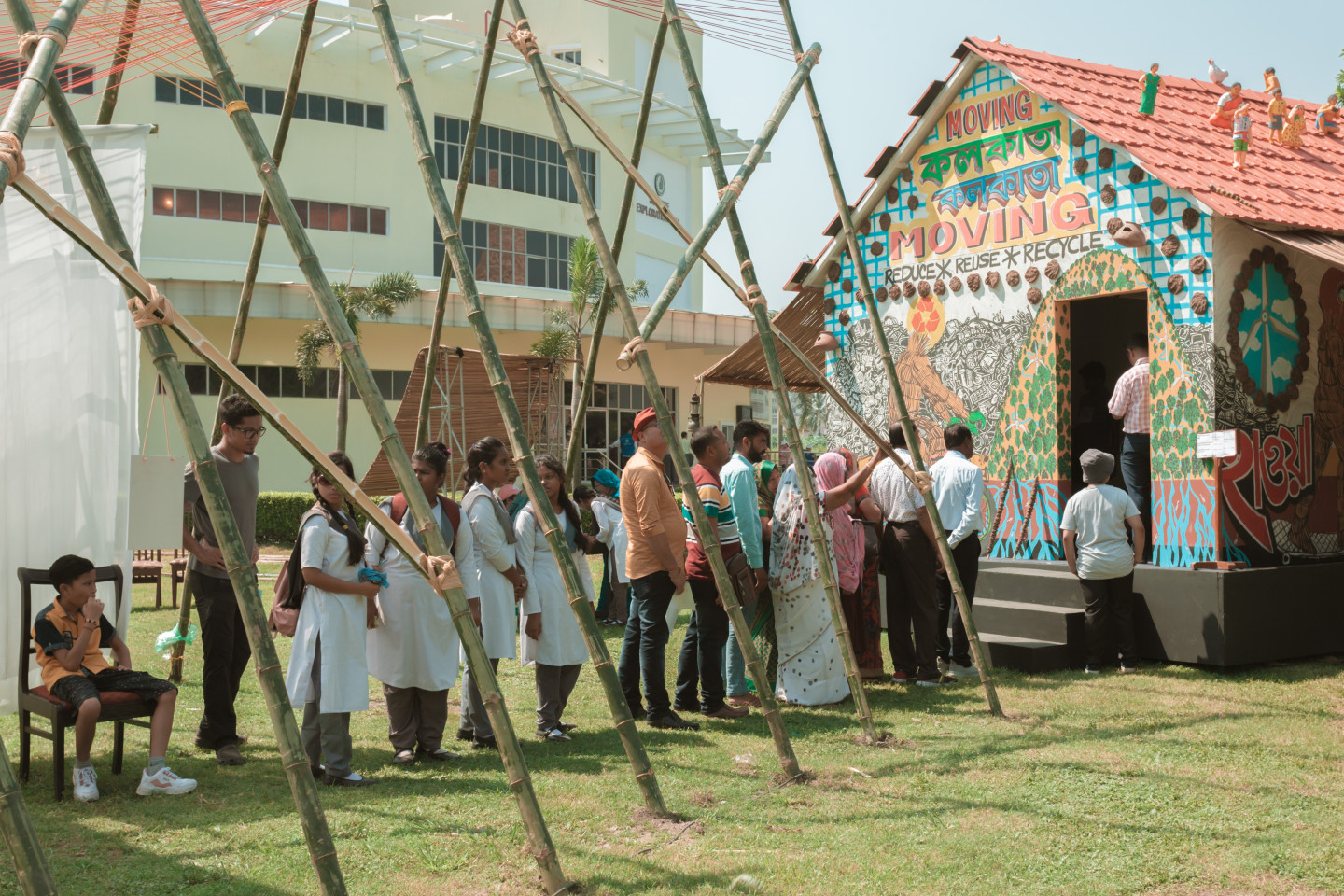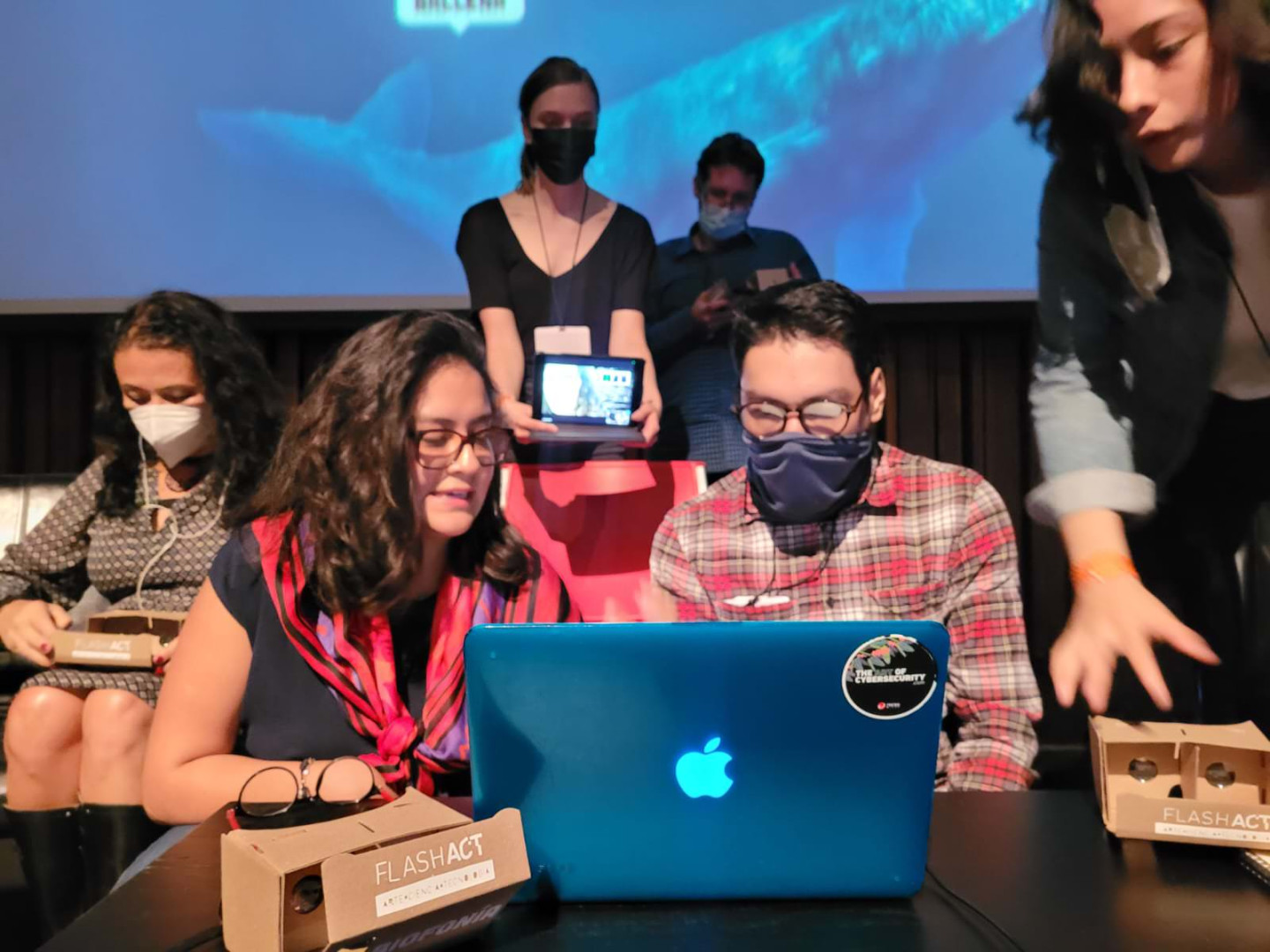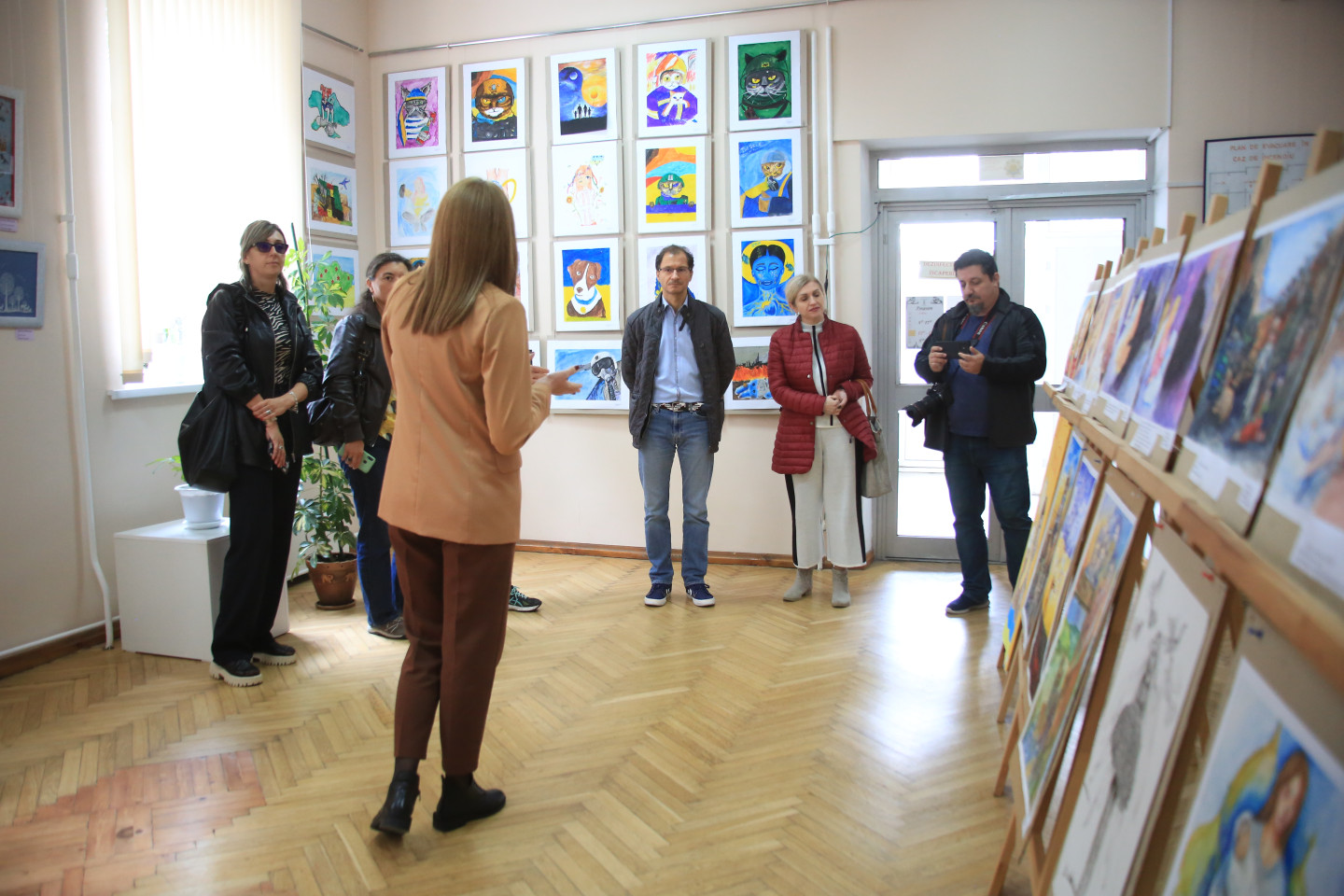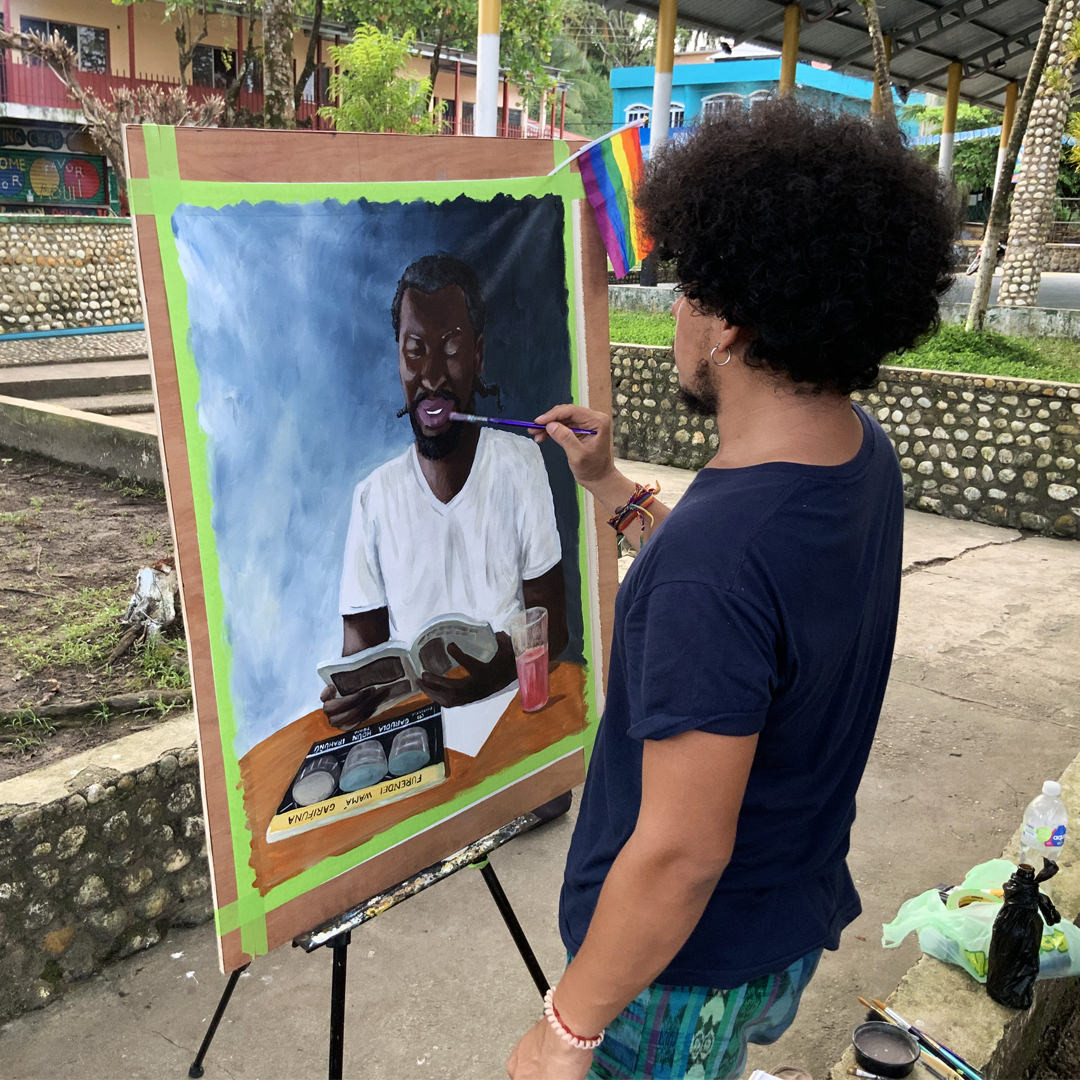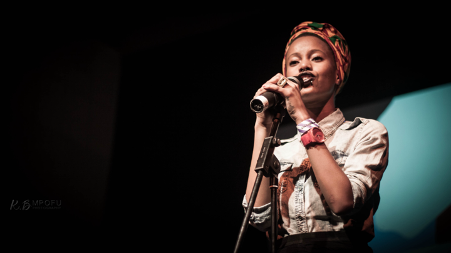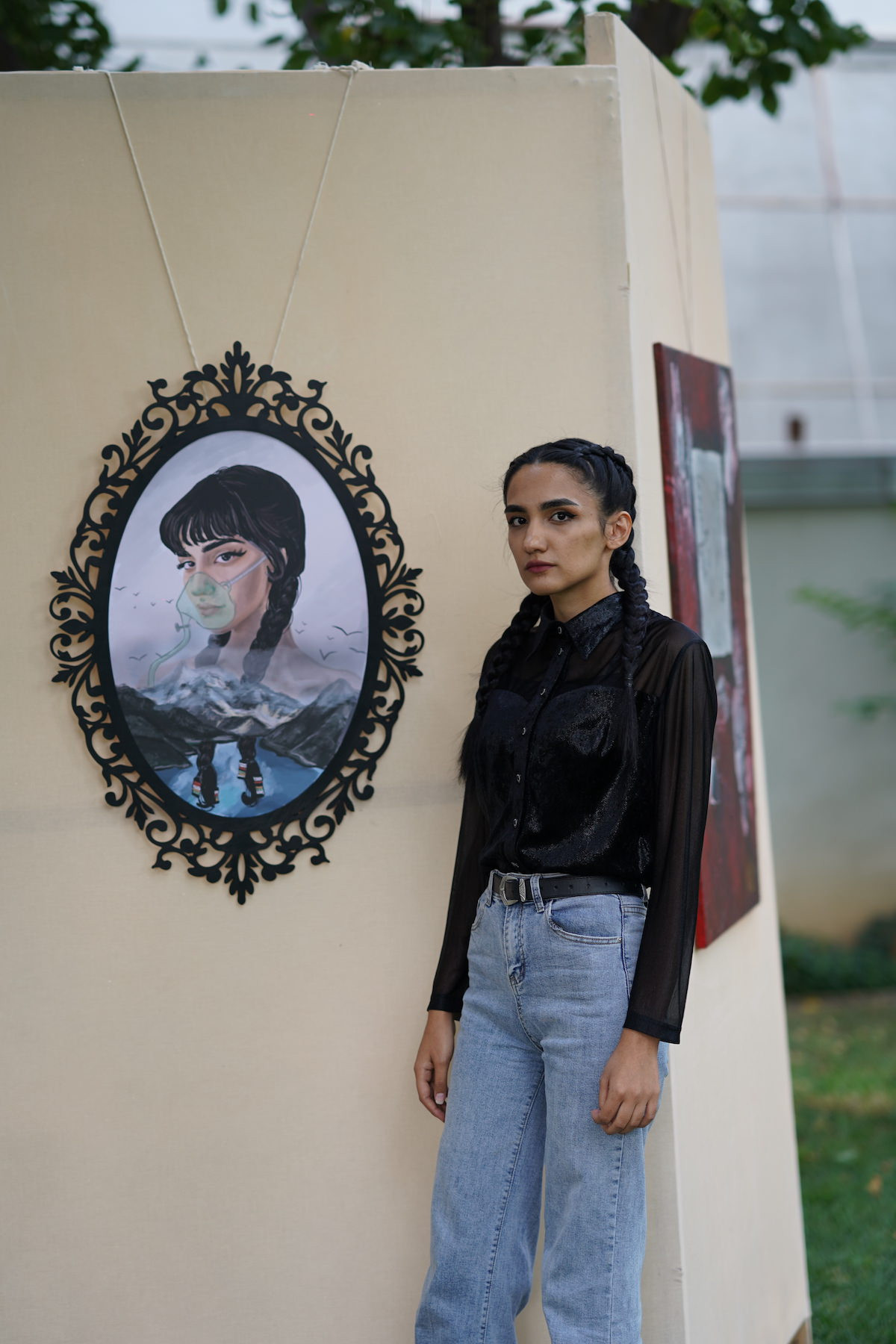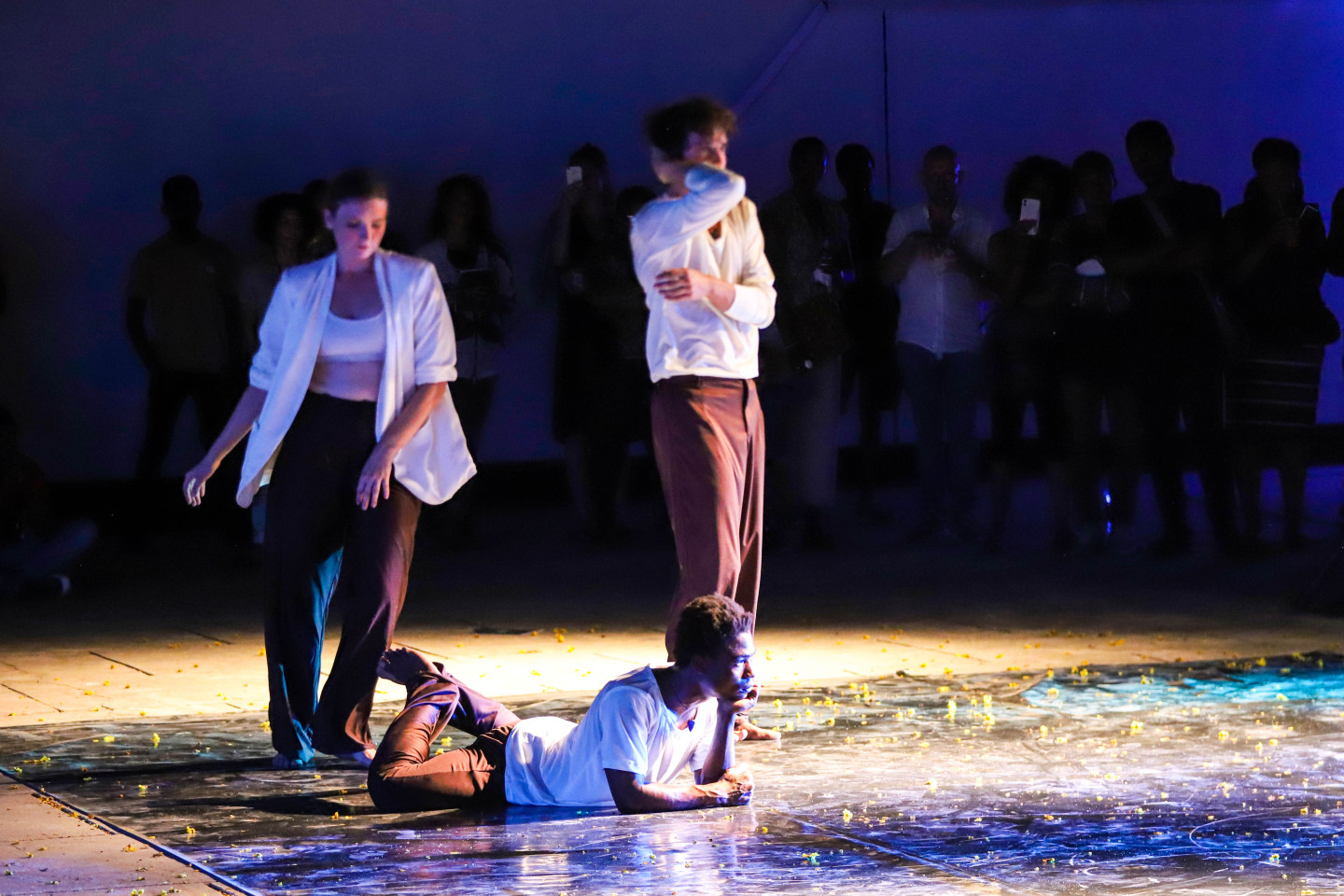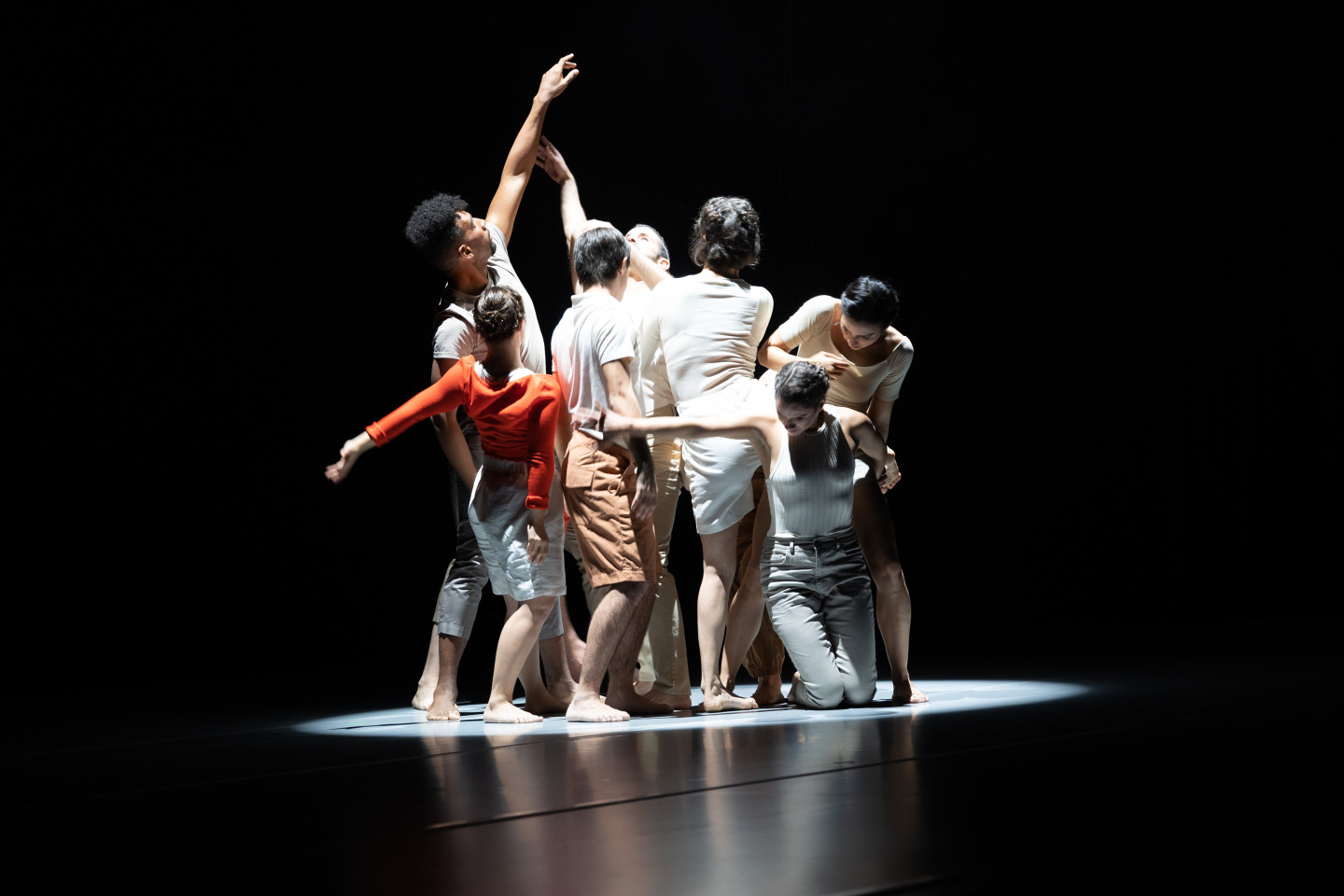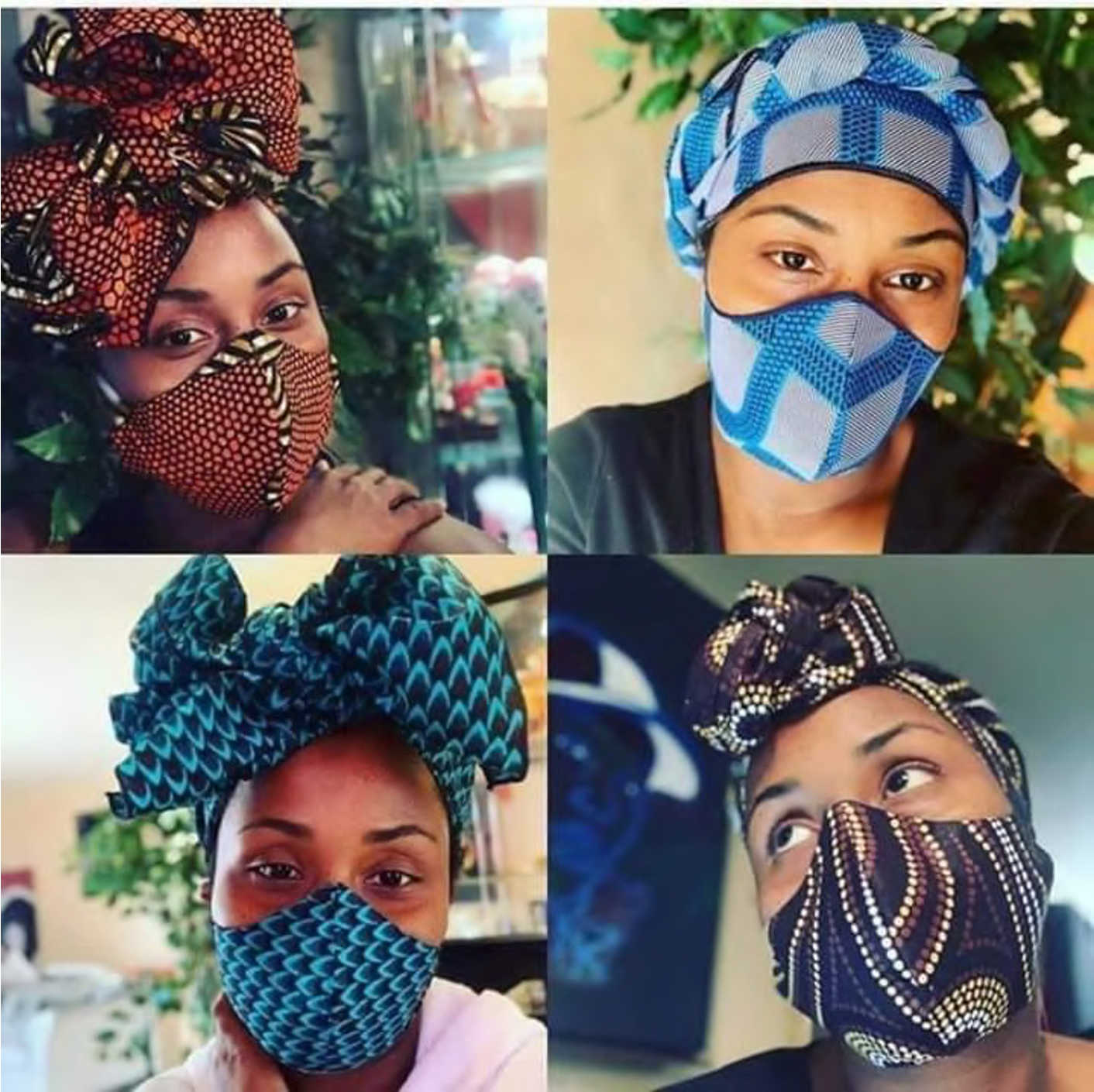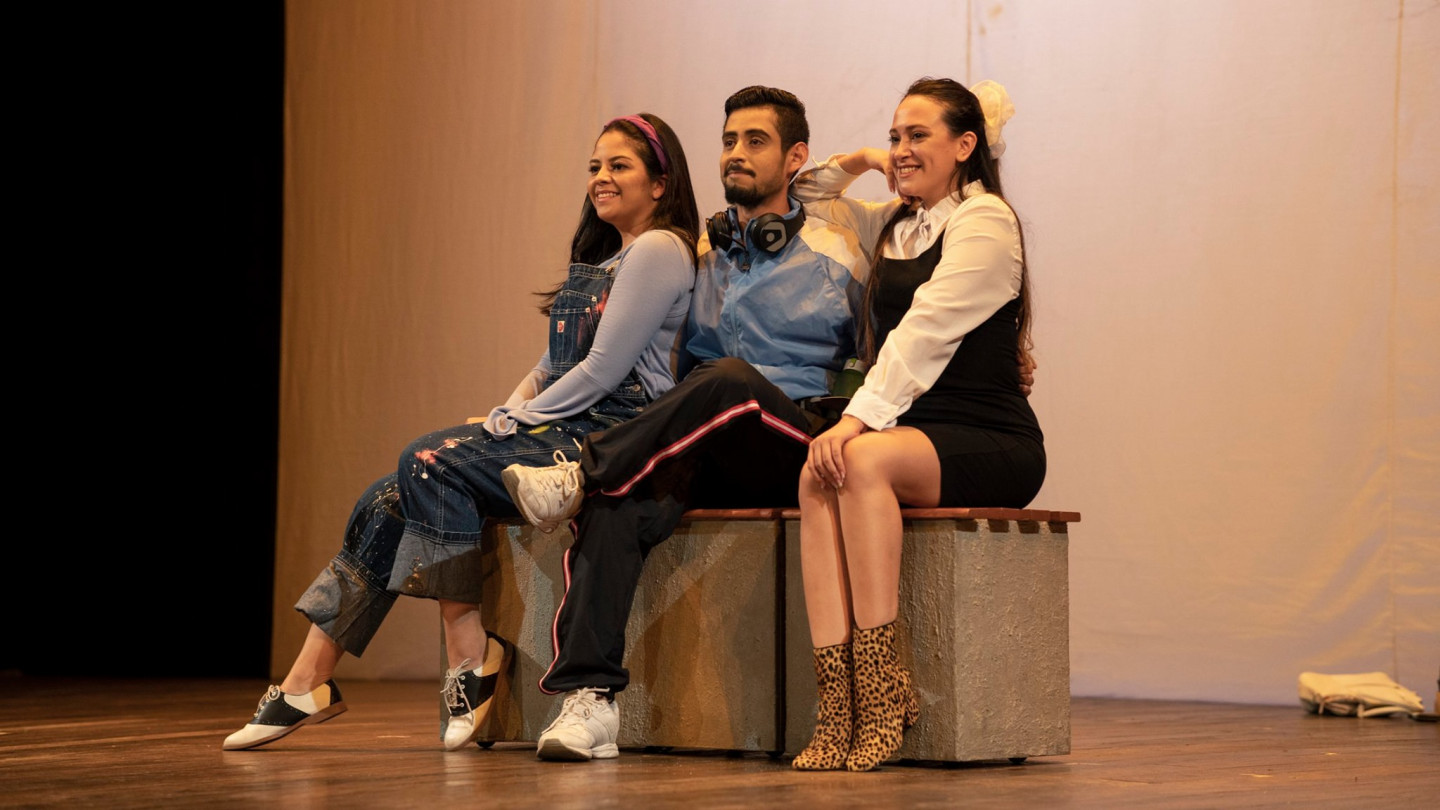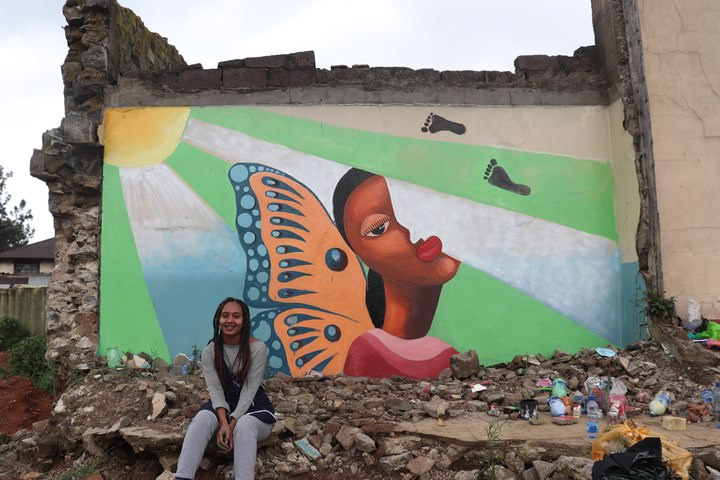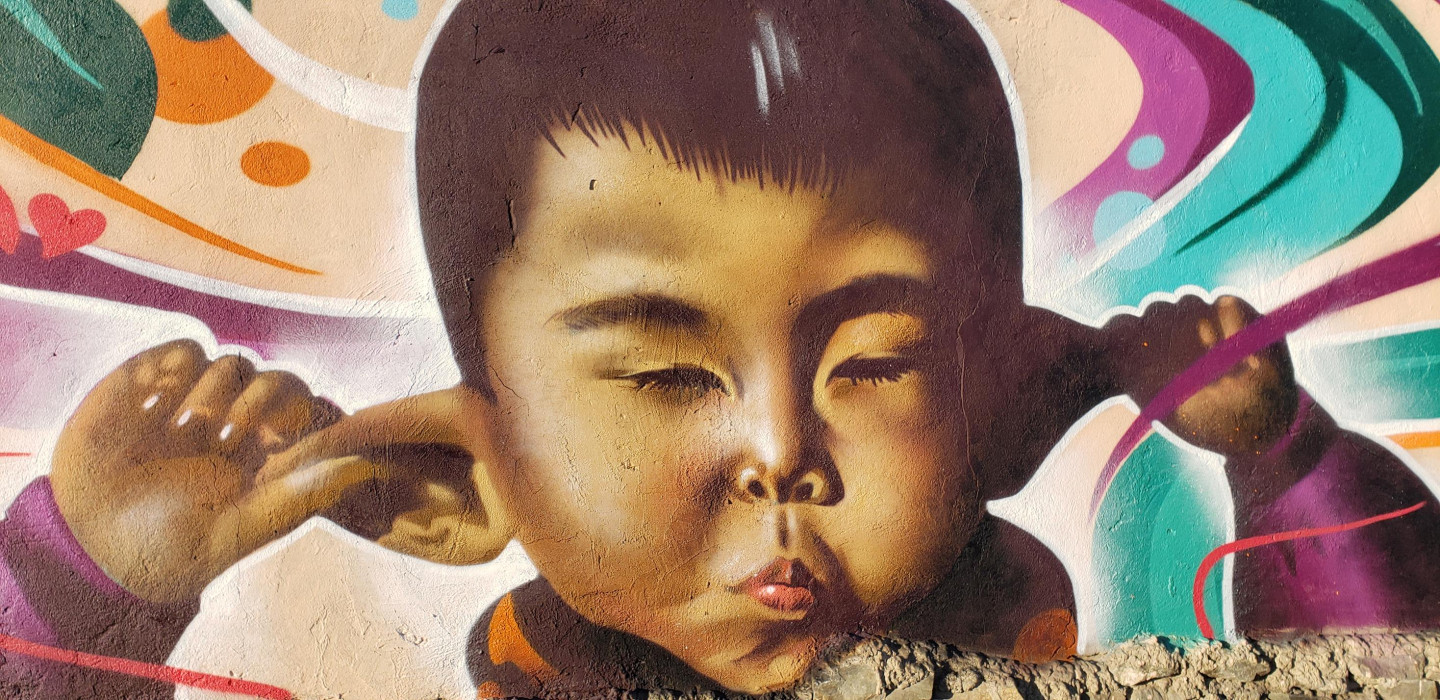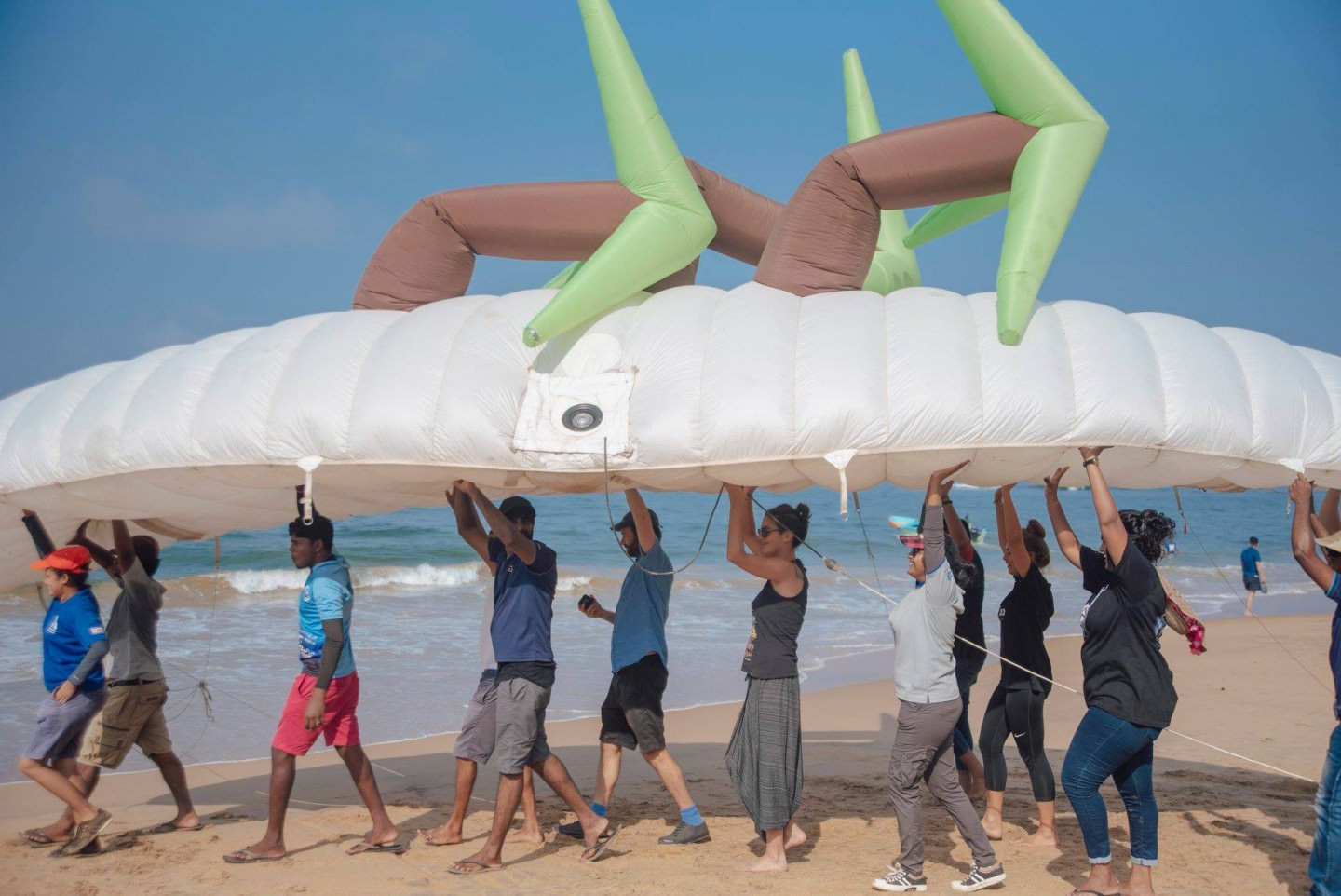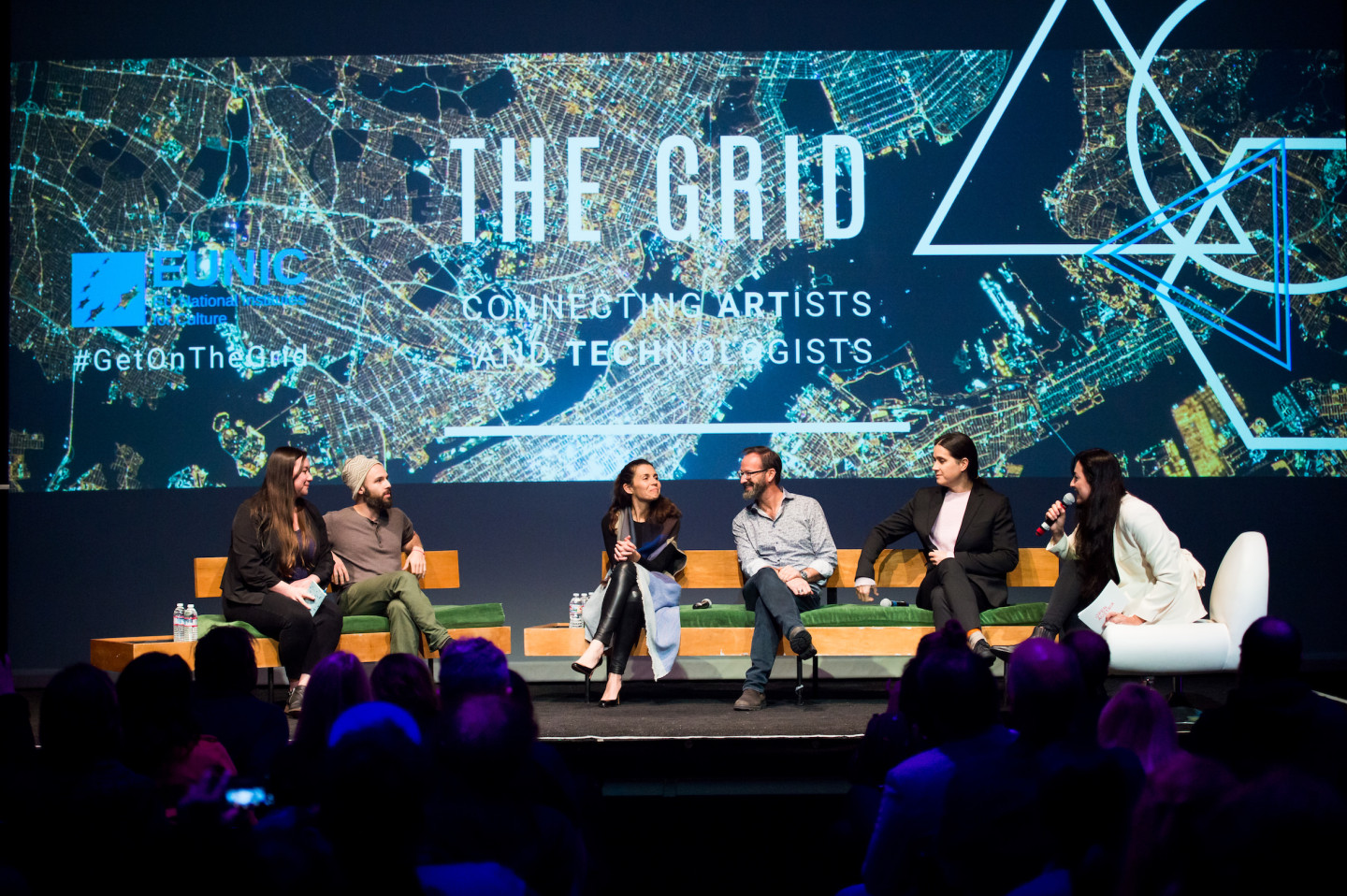At the core of European Spaces of Culture lie the pilot projects that are implemented worldwide. The pilot projects follow a process of selection, by means of calls for Ideas. The purpose of the calls is to redefine the idea of what European cultural relations can be, by finding and testing new innovative ideas for models of European Spaces of Culture or to retest and scale up already identified models over the course of three phases of the Preparatory Action (2019-2023). The calls require proposals to be co-created by local stakeholders (e.g. civil society organisations, local cultural actors, etc.), EUNIC members and EU Delegations in the spirit of equal partnership.
Project teams are invited to apply with a cultural relations project outside of the EU and can apply for up to 60,000 euros for the entire project. Project teams need to involve a minimum of three full EUNIC members, the EU Delegation and at least three key local cultural partners. All projects are expected to be co-created and implemented together with partners and follows the principles of international cultural relations. Charateristic of the programme is that selection and approval of projects takes place over several steps: (pre-)selected project teams all have a short window of about four months to further define and detail their partnership and project proposal, before implementation starts.
Project idea design toolkit
The Spaces team at EUNIC has developed a toolkit to guide aspiring project teams through some of the main aspects of project design, from identifying the local need to taking concrete steps to set up the partnership. It offers five main guiding questions that are recommended to be discussed and answered jointly by all collaborating partners and includes several thinking exercises and templates to help them develop their partnership and project idea. Find the toolkit here.
Evaluation and policy recommendations
The projects are evaluated with help of a monitoring & evaluation toolkit, designed as pilot for the European Spaces of Culture projects. The findings of the individual projects and the European Spaces of Culture as a whole help continuous formulation of policy and practice recommendations for future policy making (including funding) that will include an evidence-based, suitable process for the future implementation of the European Spaces of Culture initiative.
If you have any question about European Spaces of Culture, feel free to contact Robert Kieft (Project Manager) via robert.kieft@eunicglobal.eu. Also consult the European Spaces of Culture Frequently Asked Questions.
The third and last round of European Spaces of Culture in its shape as Preparatory Action saw 8 projects implemented in 2023. By addressing the topics of climate action and accessibility and inclusivity, empowering underrepresented groups and communities, and peacebuilding and dialogue in (post-)conflict zones, these projects have uncovered news insights into the practice and meaning of cultural relations.
European Spaces of Culture and its pilot projects aim to seek new ways of collaboration in cultural relations, following a number of guiding principles, which reflect the EU strategic approach to international cultural relations:
- Encourage people-to-people contacts through a bottom-up approach, based on local consultation and co-creation;
- Go beyond projection of the diversity of European cultures;
- Focus on the process as well as on outputs and outcomes: a new spirit of dialogue, mutual listening and learning, where partners are on equal footing and engage in a joint capacity building process;
- Facilitate learning from and across experiences, including cross-fertilization between the different collaboration models tested.
Expected results
- Increased people-to-people contacts between European and local stakeholders;
- Concept of European Spaces of Culture, fostering a continuous process of improvement in cultural relations practices;
- New collaboration models identified for doing cultural relations;
- Learn from the pilot projects in order to enhance cooperation and pooling of resources;
- Evidence-based policy recommendations for European Spaces of Culture as structural financial instrument for European cultural relations;
- Monitoring & evaluation methodologies for cultural relations activities.
The second phase of European Spaces of Culture built on the results of the first, with new pilot projects in 2022 to find new innovative collaborations that show the development of the implementation of the EU's approach to international cultural relations.
The second Call for Ideas, which was launched in January 2021, invited EUNIC members, EU Delegations and their local cultural partners to come together and present new projects. The international selection committee chose 11 ambitious cultural relations projects for implementation between January and October 2022.
One of the main characteristics of the project is seeking innovation, reflected by the overall programme as well as the implemented pilot projects.
The overall programme facilitates modern cultural relations:
- Focus on collaborative process more than outputs and outcomes;
- Two-step application process, allowing project teams to forge and structure strong partnerships;
- Cross-border projects are encouraged;
- International and fully independent selection committee;
- Dedicated Monitoring & Evaluation methodologies.
The pilot projects bring new perspectives and processes to European collaboration through culture:
- New concepts or ways of working with local cultural sectors, including digital cultural relations;
- Projects based on contexts and needs of local communities;
- Partnerships with new stakeholders, or brought to a new level by bottom-up approach and equality;
- Ideas on entrepreneurship, profitability and sustainability;
- Culture as a means for the promotion of values such as artistic freedom (of expression), social cohesion and equality.
Under the first phase of European Spaces of Culture, six pilot projects were implemented to test innovative models of collaboration until April 2021. These projects ranged from building a network of makers' spaces in West-Africa and raising awareness of the danges of air pollution in Mongolia, to co-production and travelling perdormances of contemporary drama in Central America. Explore them below!
The independent juries for the selection of the projects is always composed of independent experts in the field of cultural relations projects, all with lived experience of international cultural relations but with varied backgrounds and expertise in different cultural disciplines, geographies, and lines of work. While the first selection was done live in Brussels, post-Covid selection sessions all took place online.
- Avril Joffe - Economic sociologist and Post Graduate Coordinator of the Cultural Policy and Management Department at the Wits School of Arts, University of the Witwatersrand in Johannesburg. Co-author of EUNIC’s commissioned work on Fair Collaboration in cultural relations. Jury member for European Spaces of Culture in the fourth round.
- Lynn Fu - Shanghai and New York based independent curator, consultant and producer, focusing on international programming and collaboration for various theaters, festivals and organizations in China and beyond. Curator of European Spaces of Culture’s Diverse As We Are in 2022. Jury member for European Spaces of Culture in the fourth round.
- Marijana Cvetković - Independent cultural manager and cofounder of the Platform for theory and practice of the common. Cultural activist it the independant cultural scenes of Belgrade and Serbia. Jury member for European Spaces of Culture in the second, third, and fourth round.
- Kateryna Botanova - Cultural critic, journalist, curator, former director of Foundation Center for Contemporary Art Kyiv and co-curator of multidisciplinary biennial Culturescapes. Researches and writes on decoloniality and artistic practices in Eastern Europe and the Global South. Jury member for European Spaces of Culture in the first, third, and fourth round.
- Yemisi Mokuolu - Independent producer and creative industries consultant, founder and CEO of HATCH Africa, and co-founder of Asa Bako festival, Ghana. Jury member for European Spaces of Culture in the first and third round.
- Katelijn Verstraete - independent cultural consultant, co-author of EUNIC’s Not a toolkit! Fair collaboration in cultural relations: a reflAction and former Regional Director Arts for the British Council in East Asia. Jury member for European Spaces of Culture in the third round.
- Natasha Ginwala - Curator and writer, Associate Curator at Gropius Bau, Berlin and Artistic Director of Gwangju Biennale 2020 with Defne Ayas. Artistic Director of Colomboscope. Jury member for European Spaces of Culture in the second and third round.
- Marina Barham - General Manager and Co-founder of Al-Harah Theatre and Performing Arts Training Center (PARC), Palestine. Jury member for European Spaces of Culture in the third round.
- Ayeta Wangusa - Executive Director of Culture and Development East Africa (CDEA), creative thought leader, mentor, writer, researcher. Jury member for European Spaces of Culture in the second round.
- Joan Álvarez - Creator and director of the Chair of Cultural Diplomacy of the European Institute of Internatonal Studies and Director of the Cultural Diplomacy and International Cultural Relations course at the Ortega y Gasset University Institute. Jury member for European Spaces of Culture in the second round.
- Sabine Longin - Deputy Director, Giacometti Foundation, former cultural attaché at the French Embassy in Doha. Jury member for European Spaces of Culture in the second round.
- Cecil Mariani - Creative consulting, independent artist and design professional; Researcher at the Purusha Research Cooperative and lecturer at the Jakarta Art Institute. Jury member for European Spaces of Culture in the first round.
- Gaëlle Sundelin - Project manager, EUNIC cluster Jordan. Jury member for European Spaces of Culture in the first round.
- Mechtild van den Hombergh - Programme Coordinator Next Generation, Prince Claus Fund. Jury member for European Spaces of Culture in the first round.
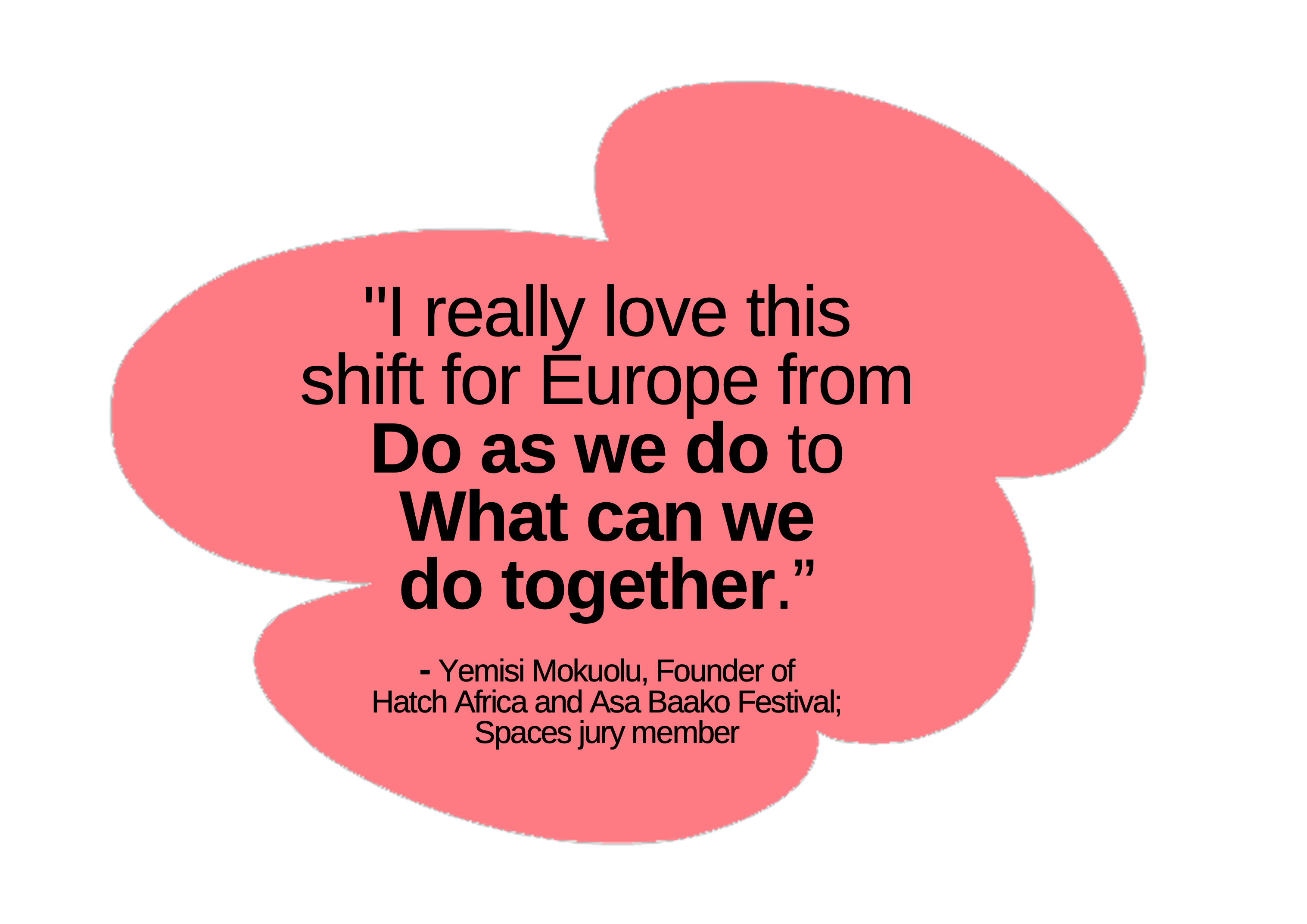
The Spaces Labs bring together representatives from the project teams working on their proposals and projects. During the first Creative Lab in September 2019, representatives from the ten pre-selected project teams discussed among themselves and with experts how their proposed idea can be elaborated further to be presented as pilot project and how to include monitoring and evaluation (M&E) schemes to bring forward their application. Read more about the first Creative Lab here.
The second Creative Lab, held in September 2021 fully online, brought together the expanded European Spaces of Culture community, with alumni of the first batch of pilot projects sharing their experiences, challenges and tips & tricks with the newly shortlisted project teams. In addition, workshops were hosted on hope-based communication and fair collaboration in cultural relations. Read more about the second Creative Lab here.
The third edition, in September 2022, brought back alumni from the second round of projects to engage with the new applicants, looking into success factors as well as challenges in setting up partnerships, exploring the local contexts and preparing the final projects. In addition, special focus was applied to how European Spaces of Culture projects can contribute to achieving the UN Sustainable Development Goals. Read more about the third Lab here.
The role of culture in EU external relations has been a priority for the EU since 2007. Since then, there has been a shift in the EU’s approach to international cultural relations, with the emphasis being placed in going beyond the notion of presenting the diversity of European cultures and focusing instead on a cultural relations approach based on people-to-people contacts.
A turning point in this process was the Joint Communication "Towards an EU strategy for international cultural relations”, jointly published in June 2016 by the High Representative of the Union for Foreign Affairs and Security, Federica Mogherini, and the European Commission. This document sets the framework for the EU and its Member States’ activities in international cultural relations. It calls for enhanced cooperation between EUNIC, the European External Action Service (EEAS), and the European Commission (EC).
In 2017, EUNIC signed a partnership agreement, an Administrative Arrangement, with the European Commission – represented by the Directorate General for Education, Youth, Sport and Culture (EAC) – and the European External Action Service (EEAS). In the Arrangement, the three parties agree to initiate joint pilot activities to enhance cooperation between EU Delegations and EUNIC clusters.
In July 2018, EUNIC was invited by the European Commission to submit a proposal to test and define the concept of European ‘Houses’ of Culture - later renamed to European Spaces of Culture. After the implementation of the Preparatory Action from 2019 until 2023, EUNIC received follow-up funding from Creative Europe to continue the programme until the end of 2025.
